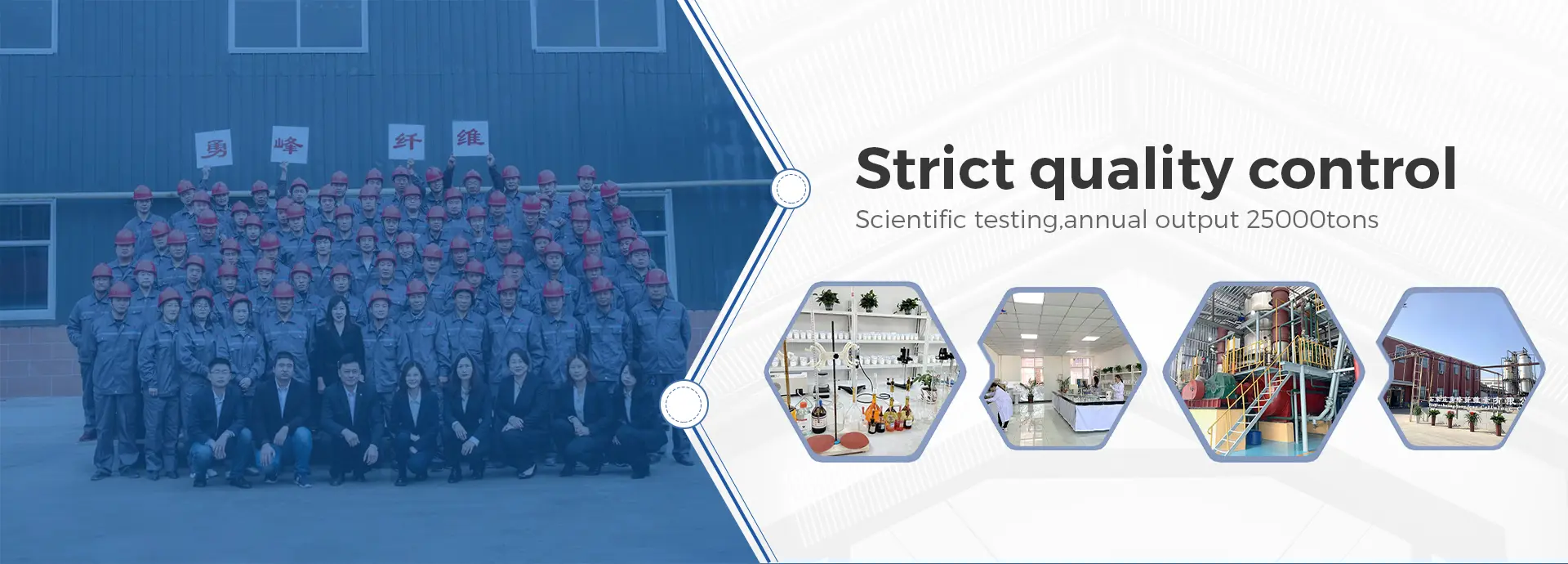Exploring HPMC-Like Tylose Characteristics, Applications, and Benefits
Hydroxypropyl methylcellulose (HPMC)-like Tylose is a cellulose derivative that has gained significant attention in various industrial applications due to its unique properties. This water-soluble polymer is primarily derived from cellulose and modified to enhance its functionality in diverse fields such as construction, pharmaceuticals, food, and cosmetics. The versatility of Tylose makes it an attractive choice for manufacturers seeking effective and innovative solutions.
Properties and Characteristics of HPMC-Like Tylose
One of the defining characteristics of HPMC-like Tylose is its high viscosity, which can be manipulated by altering the degree of substitution and molecular weight. This property is crucial for applications requiring thickening, binding, or stabilizing agents. Importantly, Tylose exhibits excellent film-forming capabilities, providing a barrier against moisture and enhancing the texture of final products.
Another notable feature is its solubility in water, forming a clear, viscous solution that is compatible with other ingredients in formulations. This solubility allows for easy processing and incorporation into various products. Moreover, HPMC-like Tylose is non-ionic and does not interact with ionic compounds, making it suitable for a range of applications where ionic reactions may pose challenges.
Applications of HPMC-Like Tylose
1. Construction Industry In construction, HPMC-like Tylose serves as a thickening agent in mortars, adhesives, and tiles. It improves workability, increases adhesion to surfaces, and enhances the water retention properties of mixes, which allows for extended open time and better performance during application. The use of Tylose can significantly contribute to the quality of construction projects, ensuring durability and resilience.
2. Pharmaceuticals In the pharmaceutical sector, HPMC-like Tylose is widely used as a binder and film-forming agent in tablet formulations. Its ability to control drug release rates by forming a gel-like matrix is invaluable in controlled-release formulations. Furthermore, its non-toxic nature makes it suitable for use in various dosage forms, from tablets to capsules and even topical applications.
hpmc like tylose

3. Food Industry Tylose is also utilized in the food industry as a thickener, emulsifier, and stabilizer. It is particularly beneficial in sauces, dressings, and dairy products, where it contributes to the desired texture and consistency. Additionally, its ability to retain moisture enhances the shelf life and quality of food products.
4. Cosmetics and Personal Care In cosmetics, HPMC-like Tylose acts as a bio-based thickener and stabilizer in creams, lotions, and gels. It enhances the sensory experience of products, providing a smooth and silky feel upon application. Its film-forming properties help in achieving long-lasting effects, making it a valuable ingredient in various personal care formulations.
Benefits of Using HPMC-Like Tylose
The incorporation of HPMC-like Tylose into formulations brings several benefits. Firstly, its versatility allows it to be used across multiple industries, reducing the need for different agents and thus simplifying inventory and formulation processes. Secondly, Tylose is recognized for its excellent compatibility with a wide range of substances, ensuring seamless integration in various applications.
Additionally, it is an environmentally friendly option as it is derived from natural cellulose, a renewable resource. This aligns with the increasing demand for sustainable and eco-friendly materials in modern manufacturing. Moreover, Tylose is generally regarded as safe (GRAS) by regulatory authorities, making it a reliable choice for consumer products.
Conclusion
HPMC-like Tylose stands out as a multifunctional ingredient with a wide range of applications across several industries. Its unique properties of high viscosity, excellent solubility, and film-forming capabilities make it an essential component in construction, pharmaceuticals, food, and cosmetics. As manufacturers continue to seek innovative solutions for their products, the relevance and utility of HPMC-like Tylose will undoubtedly persist, fostering progress while addressing consumer demands for quality and sustainability.
-
The Application and Significance of Construction RdpNewsMay.19,2025
-
Industrial Grade HpmcNewsMay.19,2025
-
Building Coating Adhesive Building Coating Adhesive HpmcNewsMay.19,2025
-
Application Of Hpmc For Detergent For Detergent In DetergentsNewsMay.19,2025
-
Application Of Hpmc Cellulose In Cement-Based MaterialsNewsMay.19,2025
-
Application Of High Quality Hpmc For Construction In The Field Of ConstructionNewsMay.19,2025




